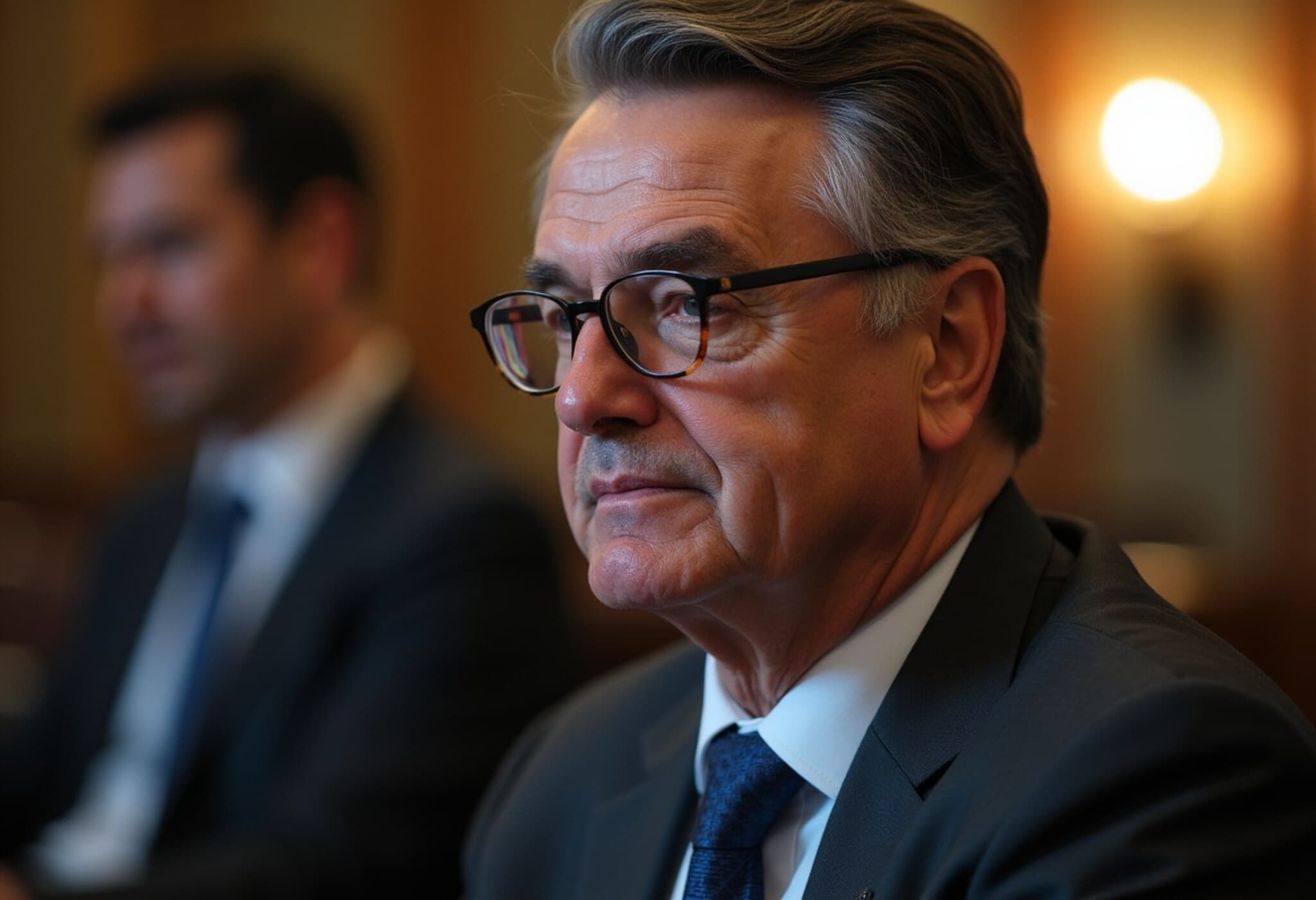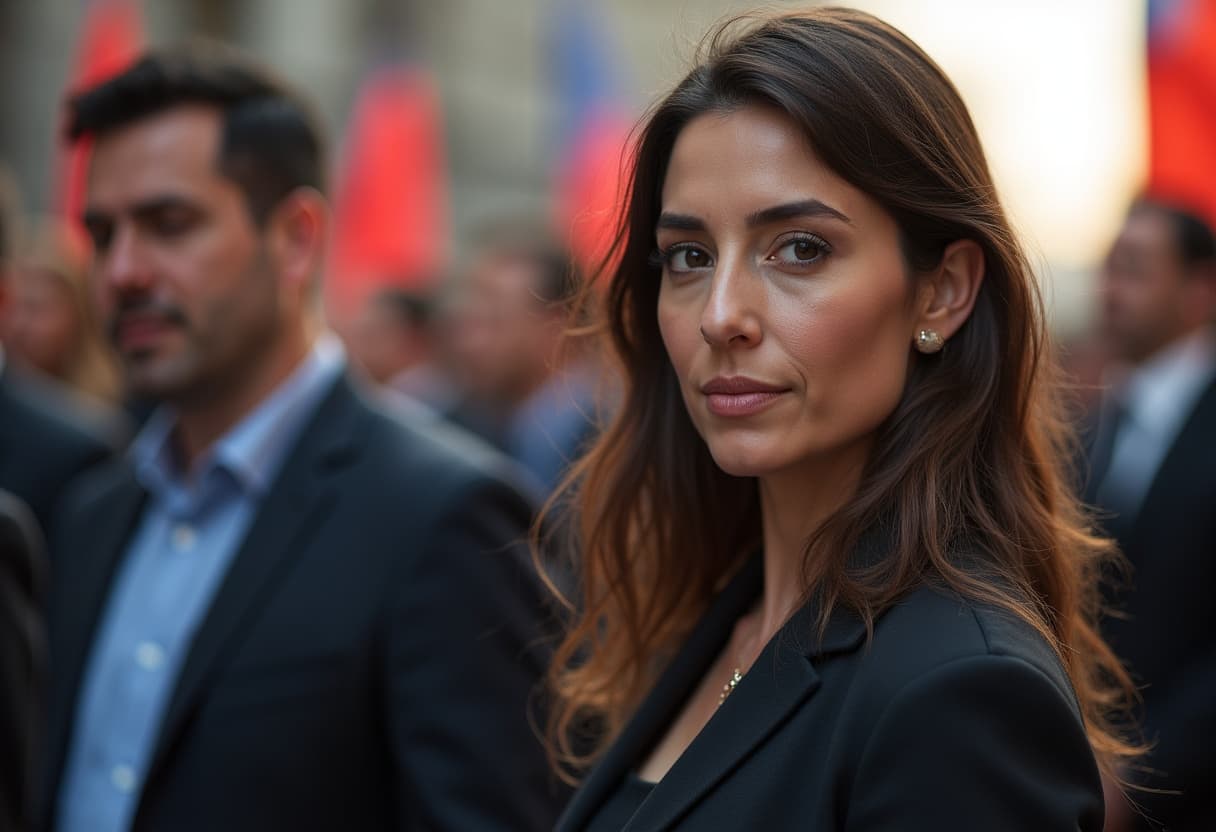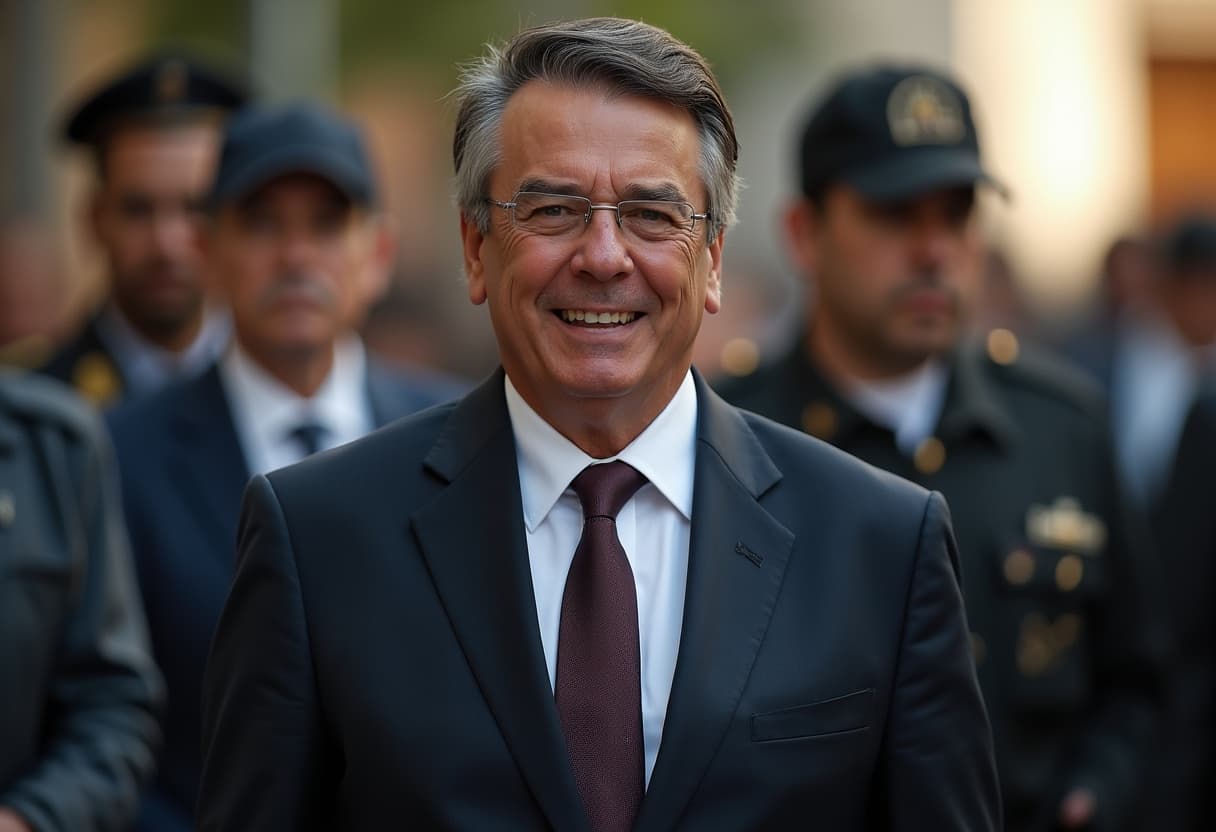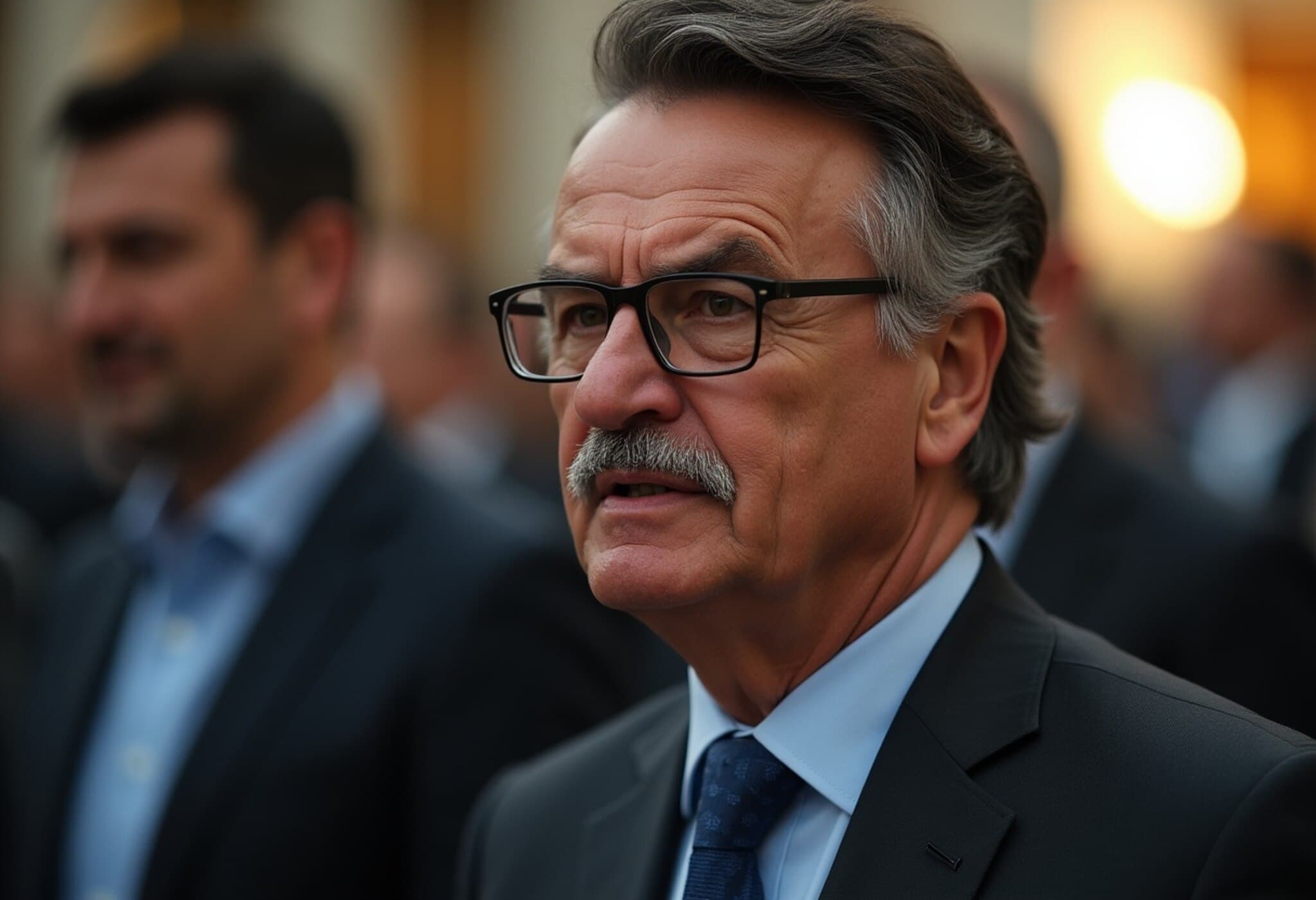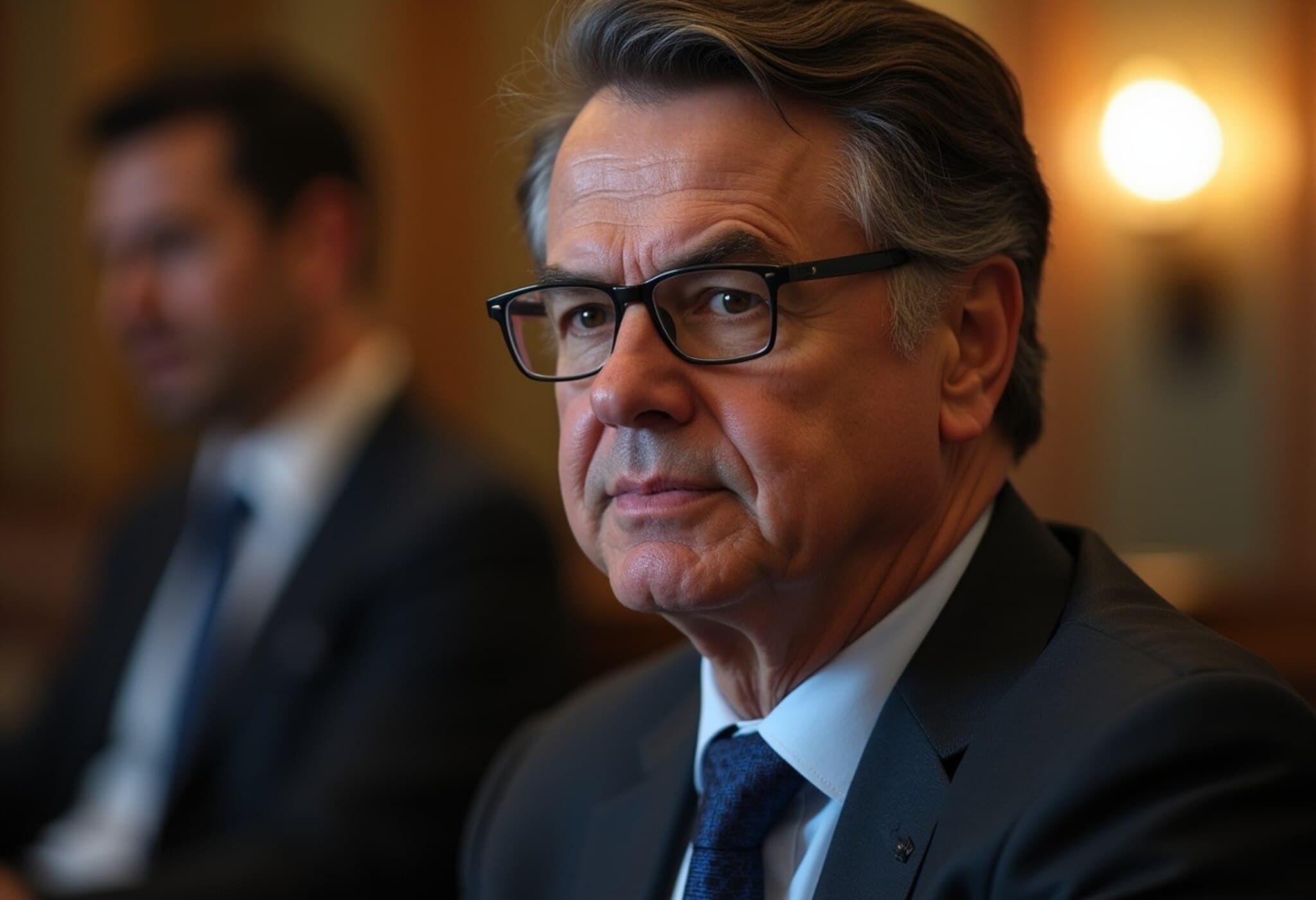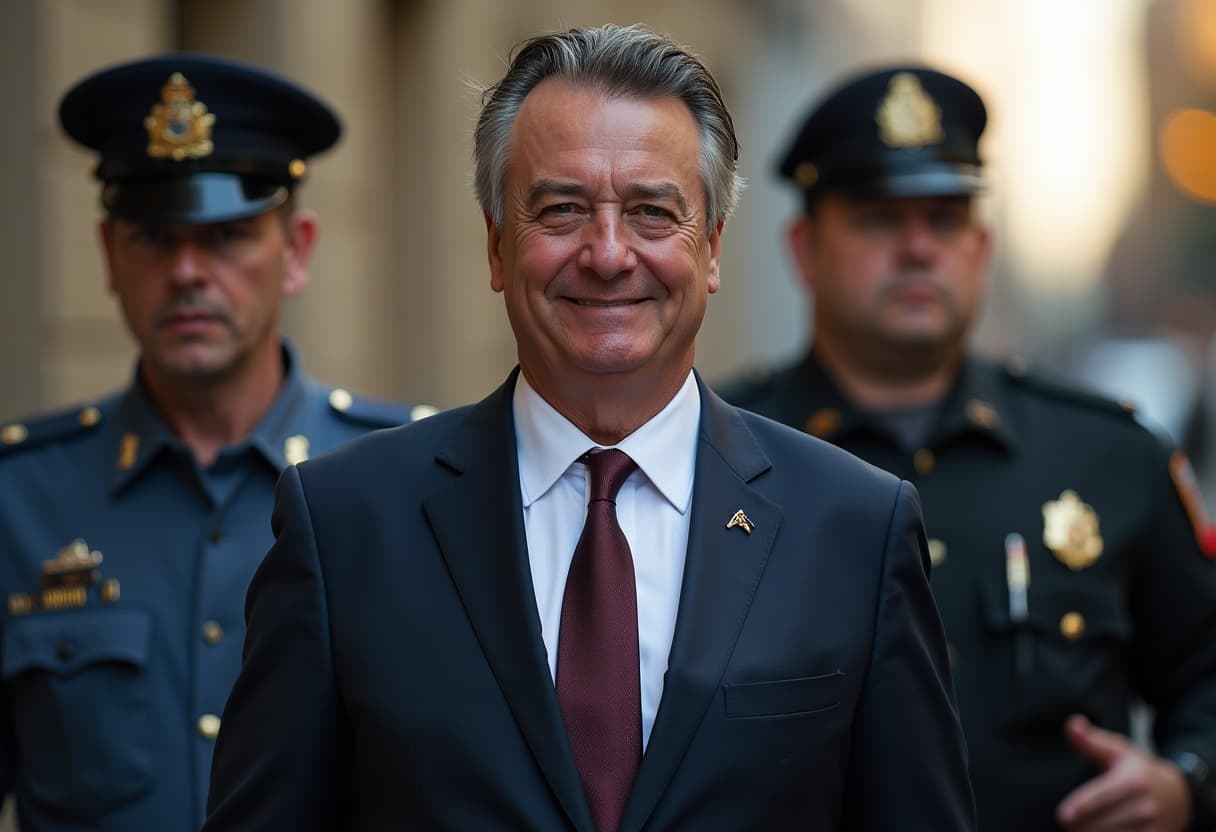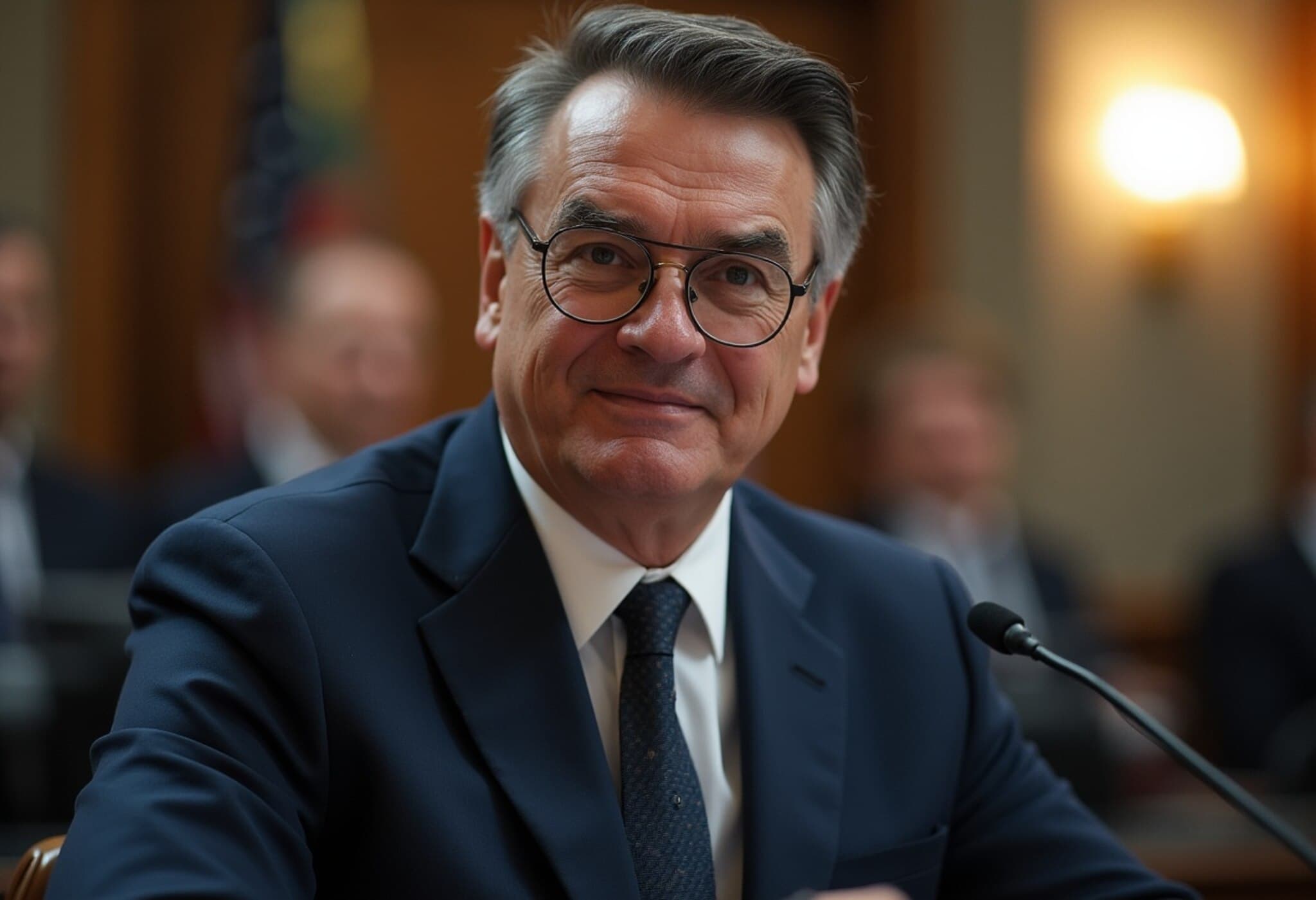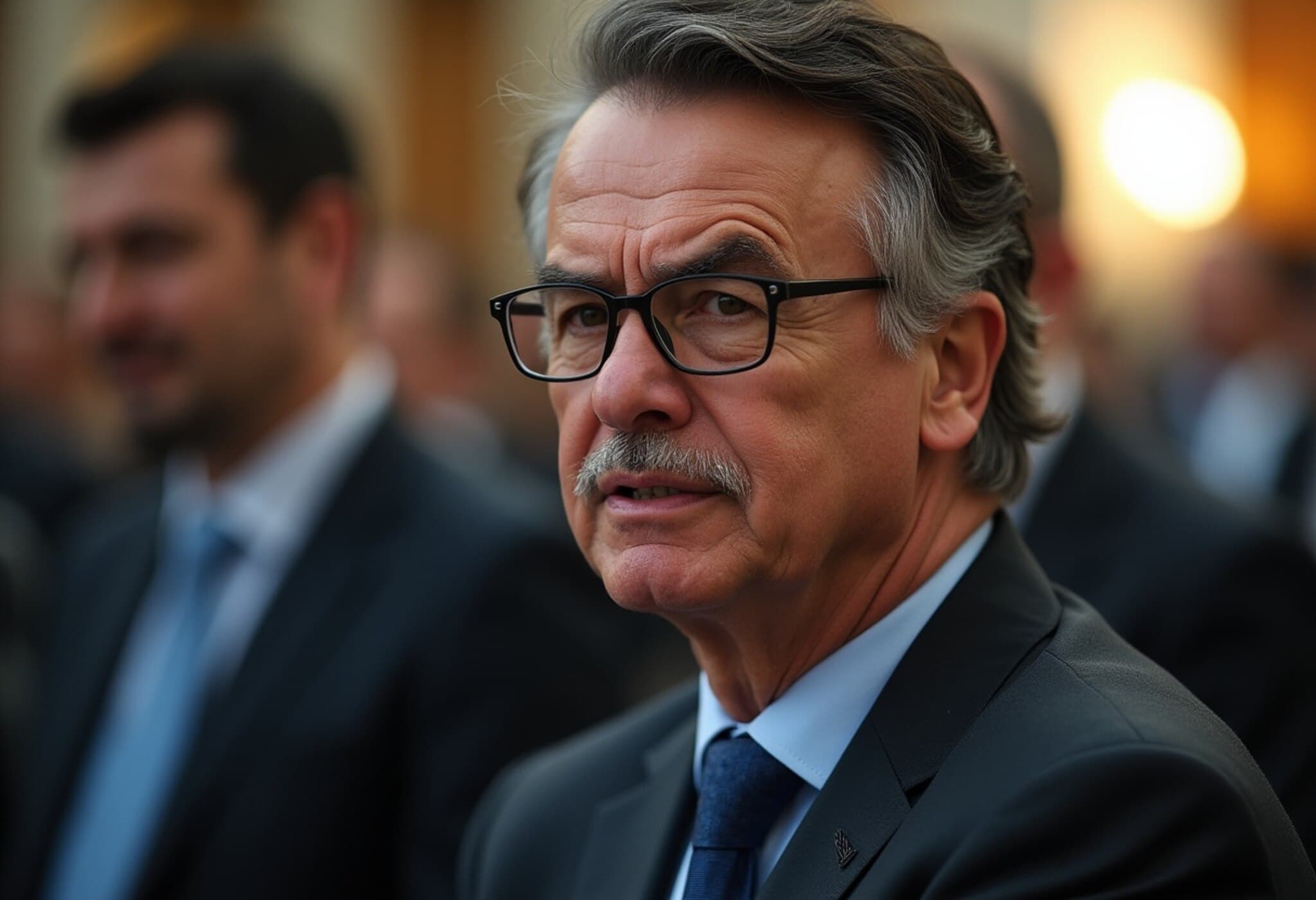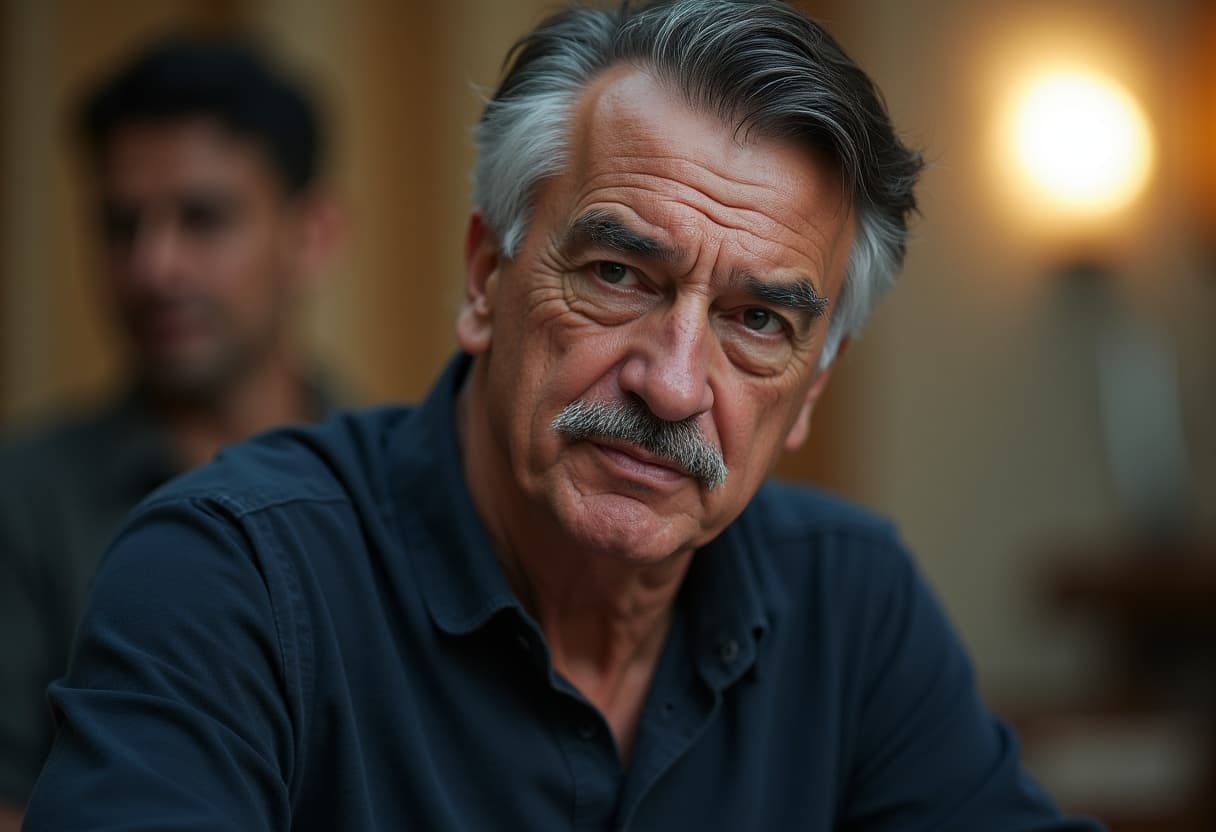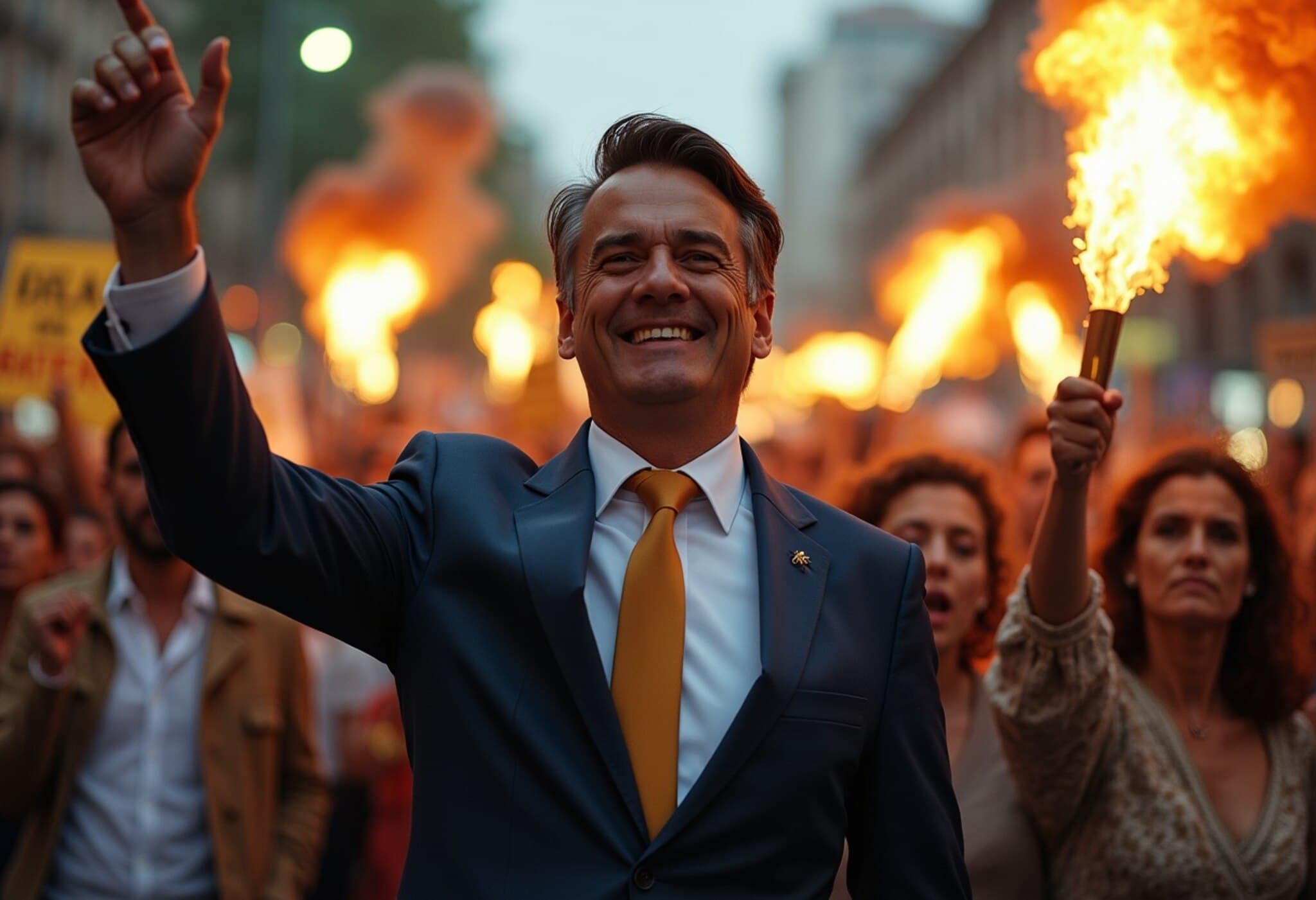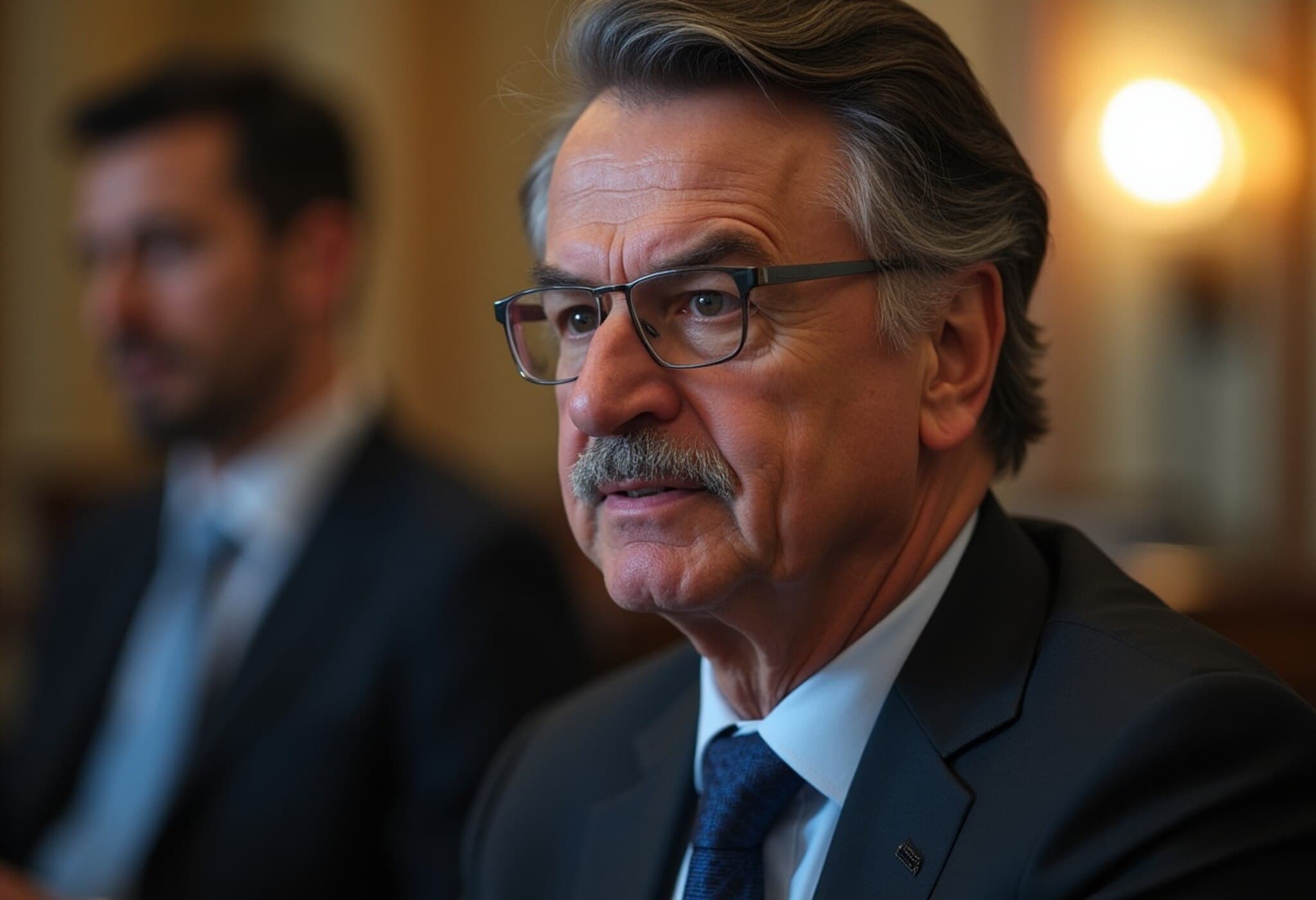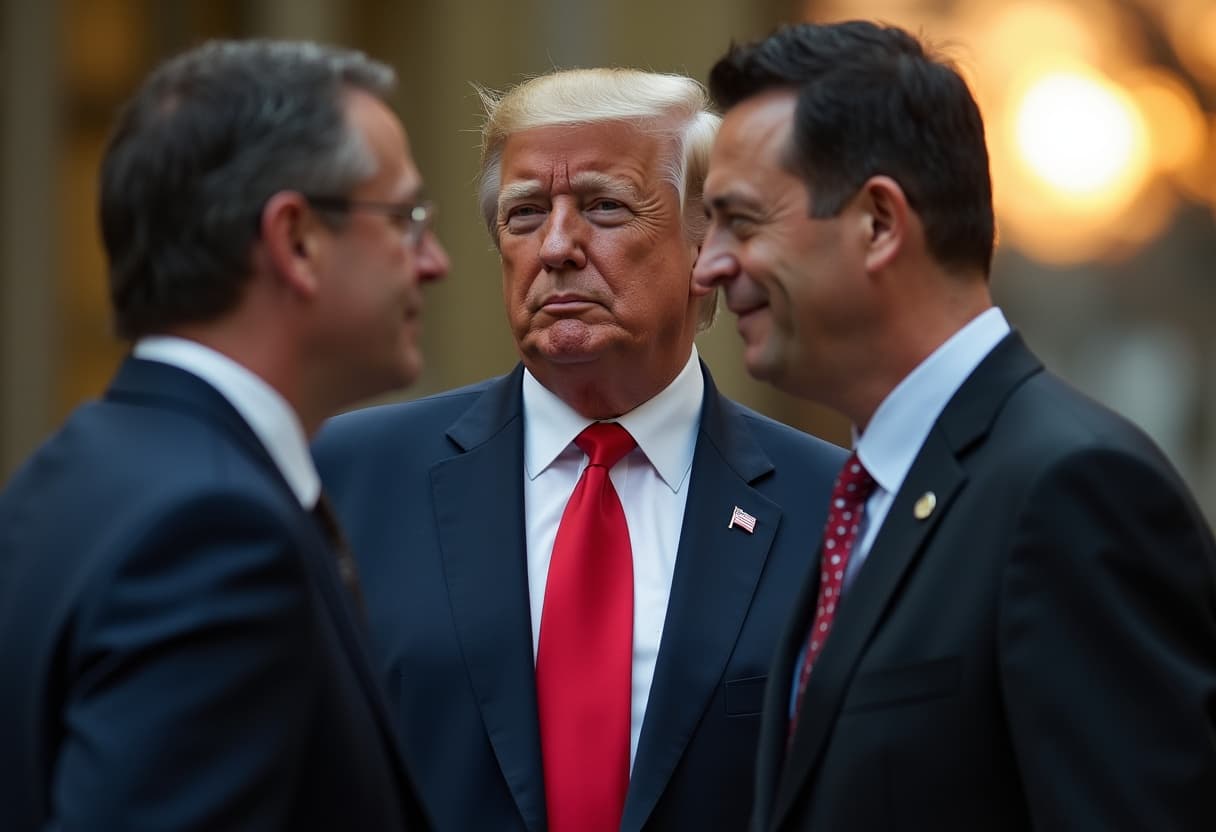Inside Jair Bolsonaro’s Alleged Plot to Overturn Brazil’s 2022 Election
Brazil's former President Jair Bolsonaro stands at the center of a landmark trial beginning Tuesday, as prosecutors accuse him of orchestrating a coup attempt following his 2022 electoral defeat. The case offers an unprecedented look into the lengths Bolsonaro and his inner circle allegedly went to challenge Brazil’s democratic processes.
The Stakes: Democracy on Trial in Brazil
With Brazil's Supreme Court presiding, the trial will scrutinize whether Bolsonaro attempted to subvert the election results that declared Luiz Inácio Lula da Silva the winner in October 2022. Legal experts observe this proceeding as a critical test of the strength and resilience of Brazil's democratic institutions amid rising global concerns about democratic backsliding.
The Alleged Coup Plot: Timeline and Details
According to prosecutors, Bolsonaro and his allies, including military officials and political aides, devised a multi-pronged strategy shortly after his electoral defeat to discredit the vote and block Lula’s inauguration. Key elements uncovered include:
- Discrediting the vote: Bolsonaro promoted baseless claims of vote-rigging involving Brazil’s electronic voting machines, fueling public distrust and demonstrations.
- Violent plans: Documents seized by investigators allegedly outline a chilling strategy to eliminate Lula and his running mate, including assassination via poison or explosives.
- Military involvement: Bolsonaro attempted to secure military backing by proposing a state of emergency decree, which would have allowed him to remain in power until new elections could be held. While the Navy endorsed this, the Army and Air Force commanders staunchly refused.
- Targeting judiciary: Plans also targeted Supreme Court Justices who opposed Bolsonaro, including surveillance, arrest, or assassination proposals.
Witness Testimonies Shed New Light
Central to the prosecution’s case is Lt. Col. Mauro Cid, Bolsonaro’s former personal secretary, who pleaded guilty and provided detailed testimony. His account reveals tense meetings, the drafting of coup plans, and Bolsonaro’s direct involvement in promoting them. Contrastingly, Bolsonaro’s defense portrays these allegations as unsubstantiated political maneuvers aimed at derailing his political comeback.
Resistance Within Military Ranks
A crucial factor in the coup’s failure was the refusal of key military leaders to support Bolsonaro’s attempts. Army commander General Marco Antônio Freire Gomes famously warned Bolsonaro about the constitutional limits of military action and the legal consequences of attempting to overthrow a duly elected government. This military independence highlights the importance of institutional checks in protecting democratic norms.
Parallels and Implications: From Brasília to Washington
The January 8, 2023, attack on Brazil’s Congress and Supreme Court buildings by Bolsonaro supporters, reminiscent of the January 6 U.S. Capitol insurrection, deepened the crisis. Bolsonaro’s silence during the riots and his refusal to concede legal responsibility echoed patterns seen in other democracies where leaders contested electoral outcomes. Such events underscore the global vulnerability of democratic institutions to populist and authoritarian challenges.
Expert Analysis: What This Trial Means for Brazil and Beyond
From a legal and political perspective, the Bolsonaro trial offers:
- An unprecedented judicial examination of alleged executive efforts to undermine electoral integrity in Latin America’s largest democracy.
- A testament to the judiciary’s role in upholding constitutional order against anti-democratic threats.
- A cautionary tale for democracies worldwide facing rising political polarization and misinformation.
Moreover, the case raises critical questions about how societies reconcile deep political divisions and hold public figures accountable while preserving democratic stability.
Editor’s Note
This high-profile trial not only dissects a complex and disturbing chapter in Brazil’s recent history but also resonates as a global reminder: democracy demands vigilant defense—not just at the ballot box but within every institution entrusted to uphold the rule of law. As Brazil’s courts deliberate, citizens and observers alike must grapple with profound questions about leadership, accountability, and the fragile balance that sustains democratic governance.

